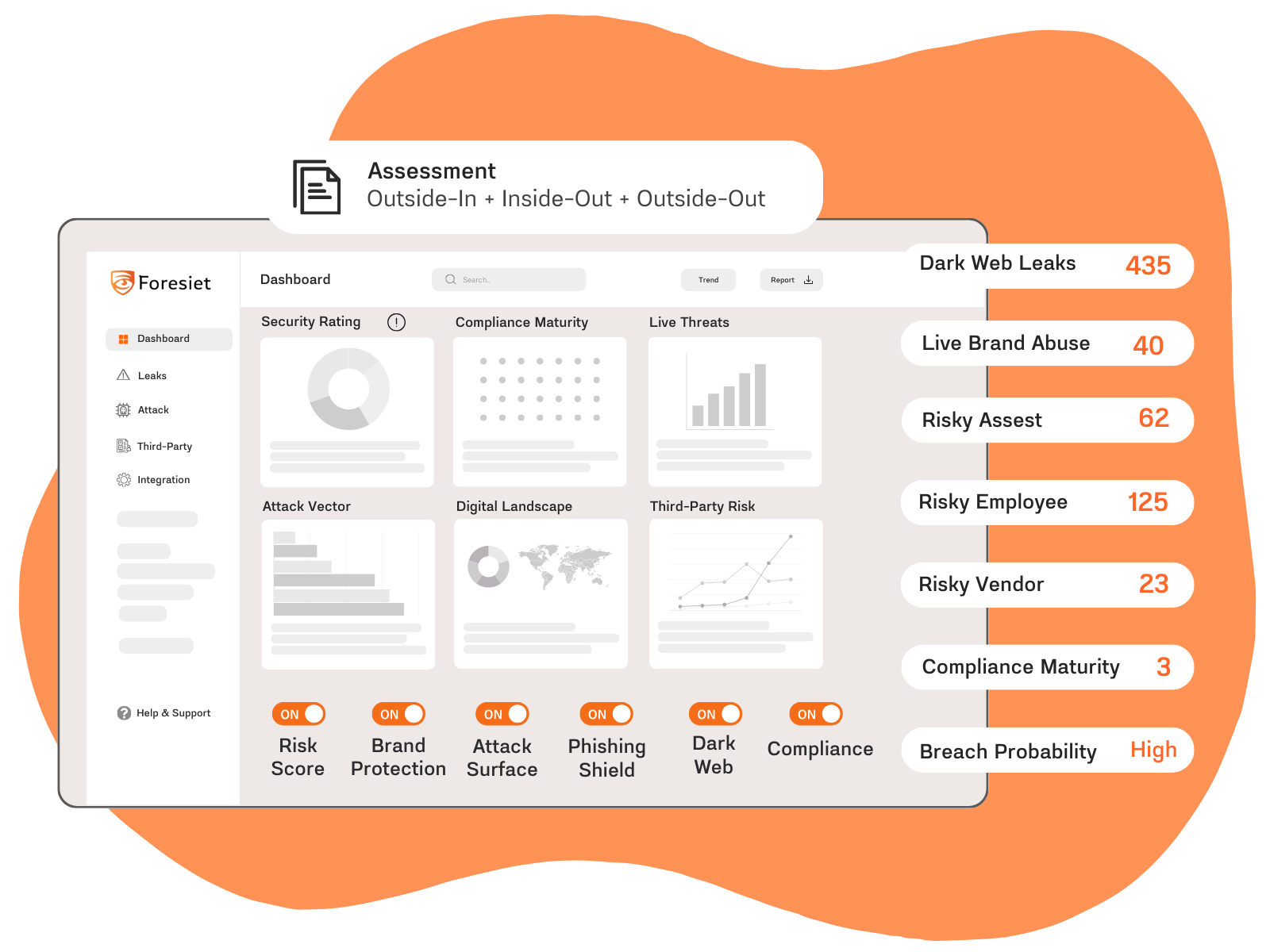North Korean Hackers Target macOS Users with New Malware Variant Disguised as Video Call Service

Introduction
North Korean state-sponsored hackers have once again demonstrated their ingenuity in cyber-espionage by deploying an updated version of their BeaverTail info-stealing malware. This time, they are targeting macOS users by spoofing a legitimate video-calling service, Microtalk. This latest campaign highlights the persistent threat posed by these actors and underscores the importance of robust cybersecurity measures for macOS users.
Deceptive Tactics and Social Engineering
The North Korean hackers, known for their sophisticated social engineering tactics, have adapted their approach to lure victims into downloading malicious software. In this campaign, they created a fake version of the Microtalk video-calling service, which they used as a vehicle to deliver the BeaverTail malware. The hackers likely enticed their victims with job interview invitations, urging them to download the infected software under the guise of preparing for a video call.
Detailed Analysis by Cybersecurity Researcher
Cybersecurity expert Patrick Wardle provided an in-depth analysis of this new malware variant in his latest report. Wardle explained how the attackers cleverly disguised the malicious software to resemble a legitimate video-calling service. Despite the cloned site's claim that no download was required to start a video call, victims were tricked into downloading the malware, demonstrating the hackers' reliance on social engineering techniques.
BeaverTail and Additional Payloads
Once downloaded, the BeaverTail malware not only steals sensitive data from the victim's device but also executes additional payloads. One such payload is the InvisibleFerret malware, which further compromises the security of the infected system. This dual-threat approach amplifies the potential damage caused by the attack, making it crucial for users to remain vigilant and cautious when engaging with unfamiliar online services.
Persistent Threat to macOS Users
The adaptability and persistence of North Korean hackers in targeting macOS users underscore the need for enhanced security measures. While their techniques may not always be technically sophisticated, their effectiveness lies in their ability to exploit human vulnerabilities through social engineering. As these actors continue to refine their methods, it becomes imperative for individuals and organizations to implement robust cybersecurity protocols and educate users about potential threats.
Conclusion
This latest campaign by North Korean hackers serves as a stark reminder of the evolving threat landscape and the need for continuous vigilance. By employing deceptive tactics and social engineering, these actors are able to breach even the most secure systems. Protecting against such threats requires a combination of advanced security measures and user awareness. Staying informed about the latest cybersecurity threats and adopting proactive measures can significantly reduce the risk of falling victim to such attacks.
About Foresiet!
Foresiet is the pioneering force in digital security solutions, offering the first integrated Digital Risk Protection SaaS platform. With 24x7x365 dark web monitoring and proactive threat intelligence, Foresiet safeguards against data breaches and intellectual property theft. Our robust suite includes brand protection, takedown services, and supply chain assessment, enhancing your organization's defense mechanisms. Attack surface management is a key component of our approach, ensuring comprehensive protection across all vulnerable points. Compliance is assured through adherence to ISO27001, NIST, GDPR, PCI, SOX, HIPAA, SAMA, CITC, and Third Party regulations. Additionally, our advanced antiphishing shield provides unparalleled protection against malicious emails. Trust Foresiet to empower your organization to navigate the digital landscape securely and confidently.
Protect your brand, reputation, data, and systems with Foresiet's Integrated Digital Risk Platform. 24/7/365 threat monitoring for total peace of mind.


July 10, 2025, 9 a.m.
